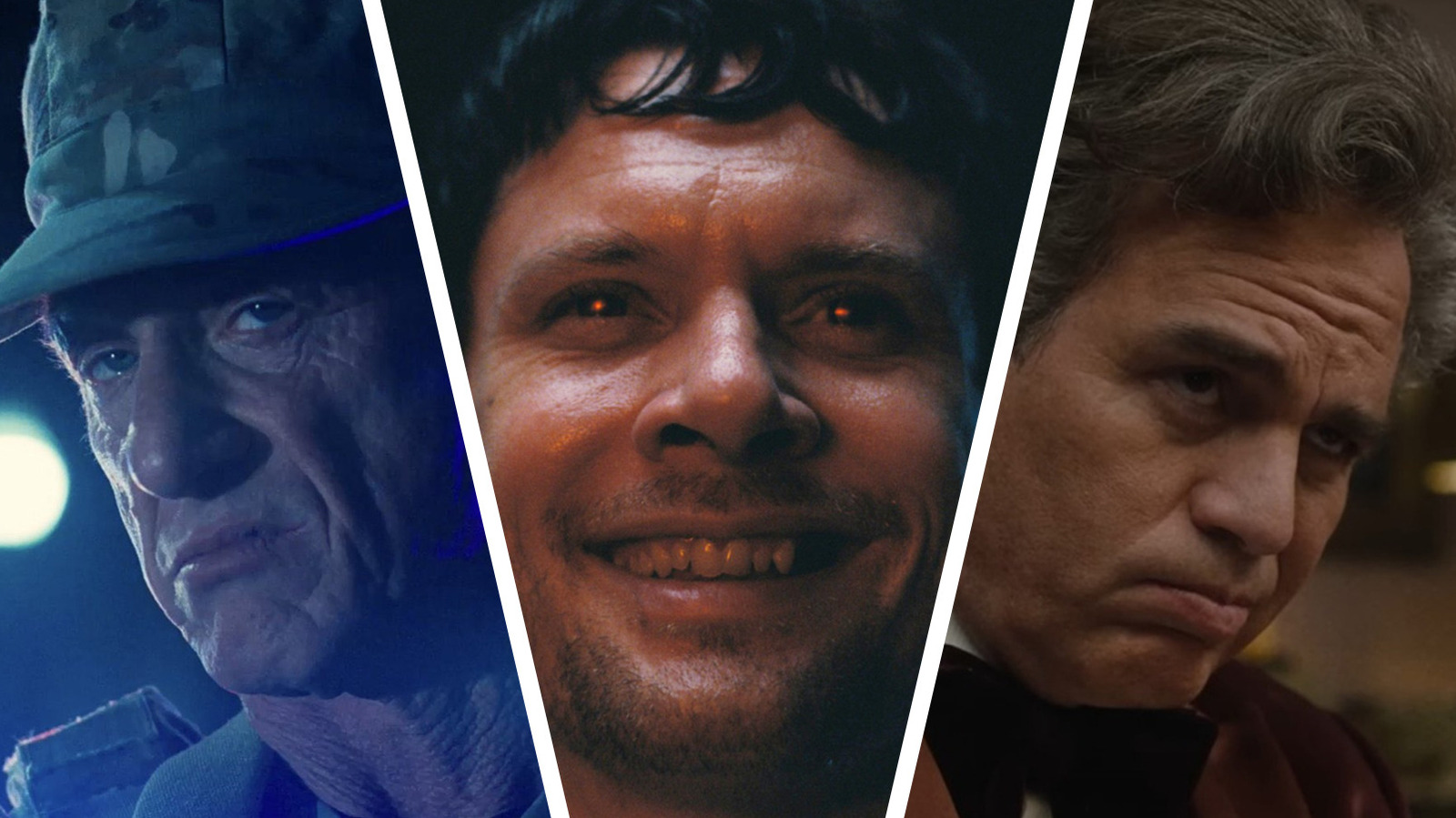
As the Trump administration continues to attack diversity, equity, and inclusion policies across the board, Hollywood has been following suit (though it’s debatable whether or not those DEI policies were ever truly in place). Rejecting projects that could possibly be “controversial,” studios are en masse instead prioritizing four-quadrant projects that can “appeal to everyone.” Earlier this year, it was revealed that Pixar had also completely reworked “Elio” to remove its queer and Latino elements in an attempt to appeal to a larger audience. Just last week, in the wake of the killing of Charlie Kirk, Apple TV+ pulled “The Savant,” a series about a woman who infiltrates Discord servers to catch violent extremists online and prevent them from carrying out assassinations and other acts of terror. Star Jessica Chastain took umbrage with the decision, highlighting that, unfortunately, there have been countless acts of gun violence in America since the show began production, and it’s eyebrow-raising to see this decision made at the same time Trump is threatening to sue broadcasters who don’t do what he wants.
And because of the meticulously vague phrasing of the justifications provided by studios, streamers, and broadcasters, there’s room for plausible deniability when people rightfully observe that this plan sounds an awful lot like catering to the status quo out of fear of backlash. “Giving the bully your lunch money doesn’t make him go away; it just makes him come back hungrier each time,” John Oliver recently said on an episode of “Last Week Tonight” discussing Jimmy Kimmel and the FCC. “They are never going to stop.”
It seems like the general consensus is that studios and networks are scared of upsetting the applecart, which is why it’s so refreshing (and downright shocking) that three of the best films of the year all came from Warner Bros. and are all unapologetically politically pointed in their messaging. These aren’t “controversial” moments that can be quickly edited out to appease censors overseas or trick audiences stateside who aren’t as well-versed in politics. No, when it comes to “Mickey 17,” “Sinners,” and “One Battle After Another,” these films cannot be consumed without also recognizing the progressive political messaging at the center.
While “Mickey 17” wasn’t the box office smash it deserved to be, critics embraced it, and for good reason. Director Bong Joon Ho was crystal clear from the start: his sci-fi action comedy is a funhouse mirror held up to our world. The villain, Kenneth Marshall (Mark Ruffalo), is an unmistakable mashup of Elon Musk and Donald Trump, his red-hatted followers echoing a certain real-life cult of personality. At its core, the film’s “human printing” technology is a brutal allegory for global labor systems that treat workers as endlessly disposable. But “Mickey 17” also dives deep into the horrors of colonization and the systemic abuse of indigenous communities — offering not just critique, but indictment, and the movie cannot exist without that message.
Meanwhile, Ryan Coogler’s “Sinners” became 2025’s first true cinematic juggernaut; a triumphant, blood-soaked celebration of Black culture and resistance. Set in a world of vampirism and racial violence, it never flinches from its central question: Can freedom ever truly exist in a system built on white supremacy? Delroy Lindo told me he didn’t see the film as horror, but as a provocation. As I’ve written before when discussing “Sinners,” white America loves to sell assimilation as liberation, but it’s just repackaged oppression. That system hurts everyone … and the movie cannot exist without that message.
And then there’s One Battle After Another, a cinematic powder keg. As /Film’s Chris Evangelista said in his 10/10 review, “It does not shy away from the idea that the United States Government has become oppressive and totalitarian […] It is not afraid to suggest that sometimes, political violence might be warranted, especially when seemingly all other recourse has failed.” Paul Thomas Anderson doesn’t pull punches; he throws them with righteous fury. The film flat-out declares white supremacy abhorrent and ICE detention camps inhumane, and practically screams that the U.S. government (and military) prioritizes power over people. “I feel like PTA calls out a lot of things that are trying to get swept under the rug,” Teyana Taylor told the Associated Press. “And that’s what I respect. This is really waking, shaking, and baking some s—. Like, you gotta shake the table.” And the movie cannot exist without that message!
As the entertainment industry continues to peddle an endless parade of “newstalgia” in the hopes that squeezing every last drop of blood from the stone of “recognizable IP” will keep shareholders happy, there is a lesson that can and should be learned from Warner Bros.’ incredible 2025: Playing it safe or cowardly catering to bad-faith actors is not just morally bankrupt, but also doesn’t help the bottom line. Even “Superman,” a four-quadrant capes and tights flick released by Warner Bros. that came out on top in the DC/Marvel wars at the box office, is a proudly pro-immigrant movie released at a time when so many decision makers believe they should be walking on eggshells.
Watering down stories to “appeal to everyone” results in bland, predictable, and uninspired movies. “Playing it safe” means telling the same tired narratives centering the same kinds of characters, and ignoring the interesting, diverse perspectives that actually reflect the real world. We should be pushing for stories that are bold, inclusive, and willing to take risks. We learn so much about the world around us based on the stories we’re told. As Roger Ebert family pointed out, movies are empathy machines.
Trying to please people who are fundamentally resistant to change only stifles progress. Telling diverse stories unafraid to call out oppression isn’t some radical agenda; it’s how we foster curiosity and connection with people who’ve lived lives differently than our own. And the box office doesn’t lie — homogenizing content is not a worthwhile investment.
But more importantly than money, if we let fear dictate what stories get told, we lose out on everything that makes storytelling powerful in the first place.



